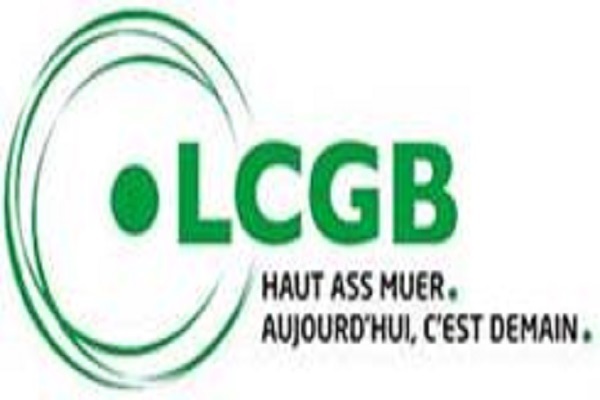
The LCGB trade union has demanded more flexibility for employees in Luxembourg.
On 8 January 2019, the LCGB presented its demands regarding the organisation of working time to the Minister of Labour, Employment and the Social and Solidarity Economy, Dan Kersch. These demands follow the government announcement to extend the minimum legal leave from 25 to 26 days and to introduce a new public holiday in the Grand Duchy (Europe Day on 9 May).
More specifically, the LCGB has expressed its opinion that productivity gains due to digitisation should be used to reduce the working time of employees. In addition, the trade union is engaging in collective bargaining so that employees have the choice between a linear increase in their salary or a reduction in their equivalent working time.
In the context of flexibility for employees, the LCGB has thus called for a number of improvements. These include the registration of a part-time entitlement with full-time return for any employee working in companies with at least 50 employees (in special circumstances), the introduction in the Labour Code of the right of each employee to a time savings account and a series of adjustments to parental leave aimed, among other things, at introducing the right to part-time or flexible parental leave by removing the obligation of an employer agreement. Moreover, the LCGB has requested a 60-day family-based leave allocation per child/household so that single parents can enjoy the same number of days off as couples with children and the introduction of an additional legal leave of 5 days per year in the event of hospitalisation of a spouse, partner or parent.
The LCGB has similarly demanded measures for the development of new organisational models for working time, which take into account aspects of the health and well-being of employees, namely the organisation of working time within companies exclusively via co-management and that employees should have a choice between several compensatory measures to make the organisation of working time more flexible (such as an additional salary or equivalent leave).
Concerning digitisation, the trade union has requested the introduction of the right to the professional disconnection of employees, the definition of new forms of work within the Labour Code, the incorporation of the basic principles of teleworking and the revision of existing teleworking conventions in order to adapt the rules on social security and the taxation of cross-border employees and the creation of a progressive right to retirement at the age of 57.








